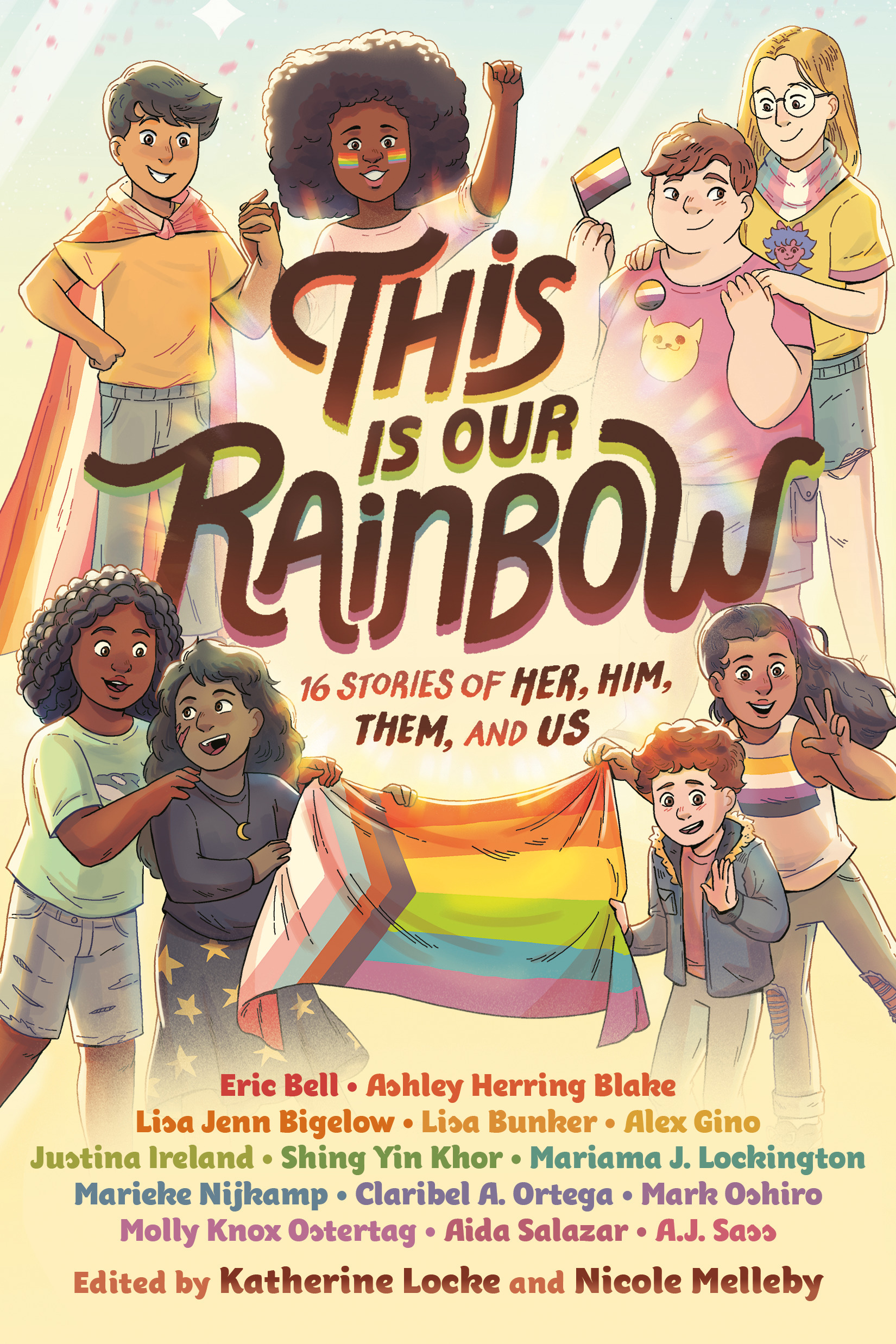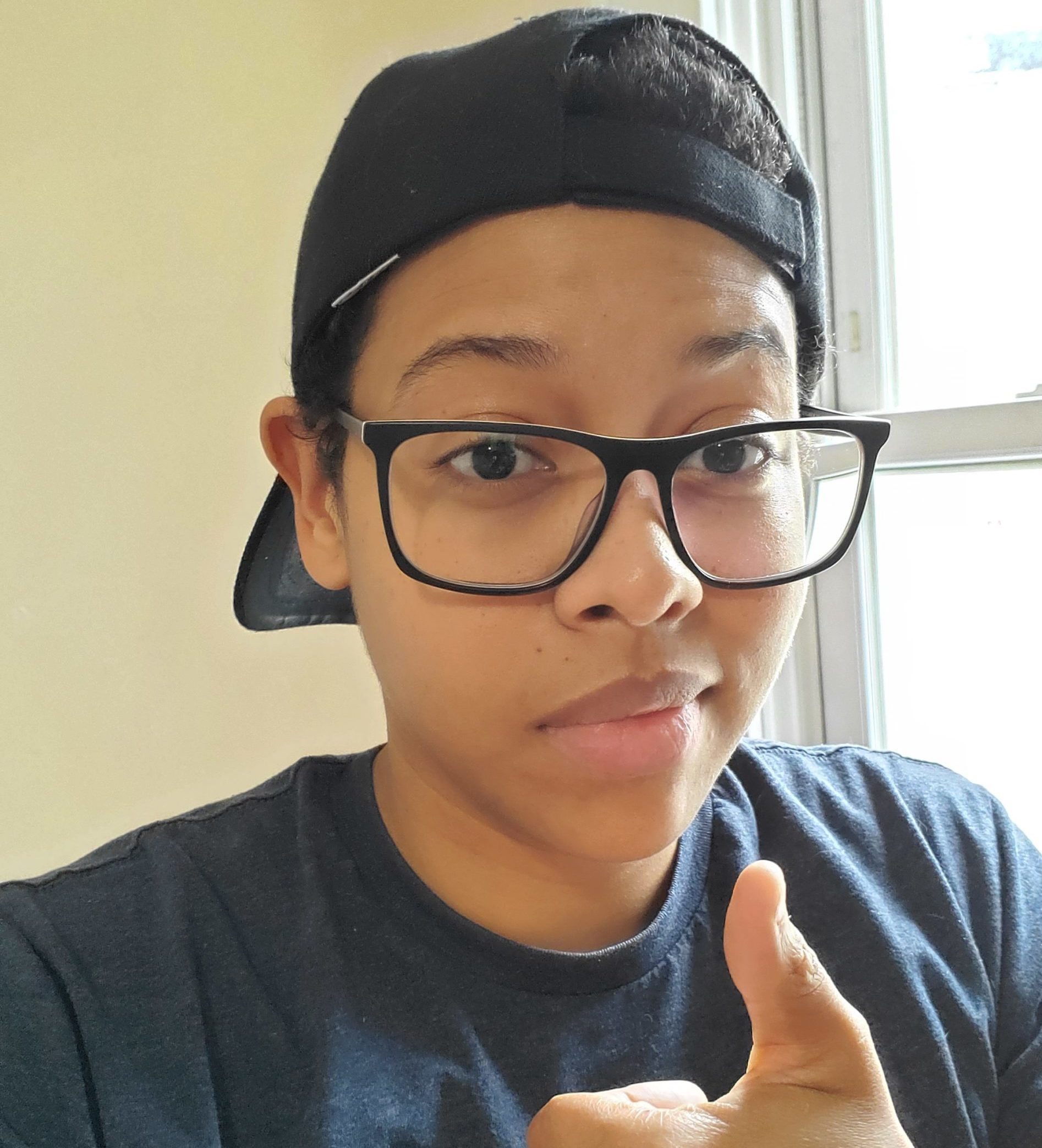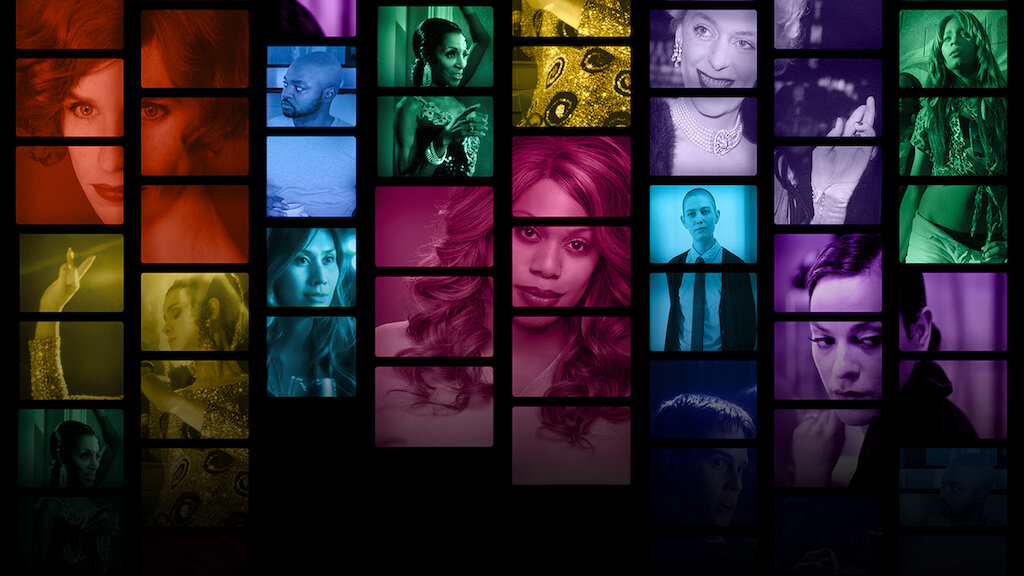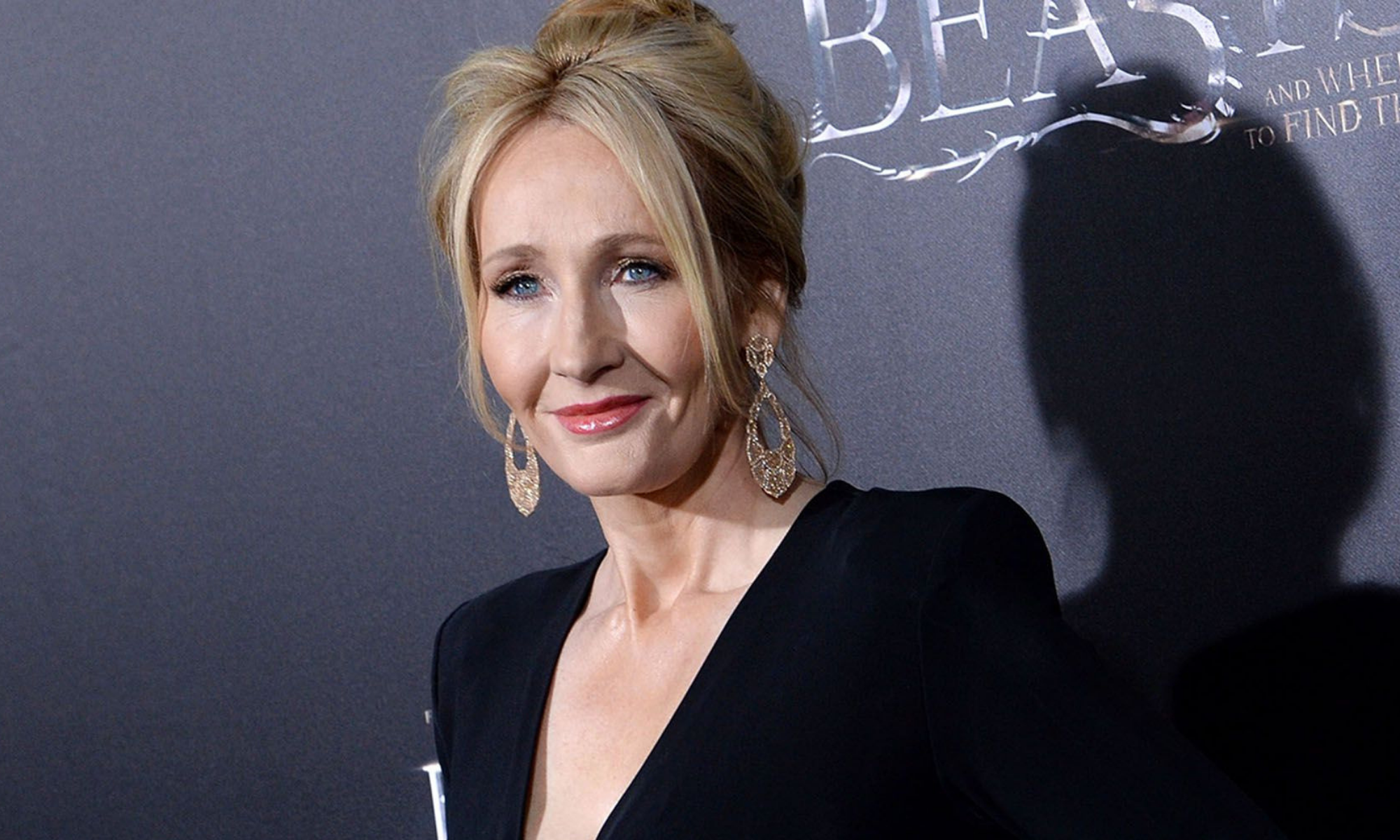
by Michele Kirichanskaya | Apr 20, 2022 | Blog
Katherine Locke (they/them) lives and writes in Philadelphia, Pennsylvania with their feline overlords and their addiction to chai lattes. They are the author of The Girl with the Red Balloon, a 2018 Sydney Taylor Honor Book and 2018 Carolyn W. Field Honor Book, as...

by Chris Allo | Jun 26, 2021 | Blog
Hello and welcome back to the Geeks OUT Creator Spotlight. For this edition I had the chance to speak to one of the most sought after and super talented comic writers working in the industry today, Vita Ayala! Vita Ayala is a queer Afro-Puerto Rican, born and bred in...

by Justin Lockwood | Jun 17, 2020 | Blog
“Stories hurt, stories heal.” Those words conveyed the message of last summer’s Scary Stories to Tell in the Dark, and they popped into my head when I was thinking about Sam Feder’s documentary Disclosure, which premieres on Netflix on Friday, June 19. ...

by Geeks OUT | Mar 21, 2019 | Blog
The weird ‘facts’ JK Rowling has shared has turned into a fairly hilarious meme describing all of the ‘new information’ JK Rowling has bestowed about Harry Potter characters as well as other fandoms. It’s inception has come from the Harry Potter author divulging...





